The Art of Space: Understanding the Distinction Between Decorators and Interior Designers
Related Articles: The Art of Space: Understanding the Distinction Between Decorators and Interior Designers
Introduction
In this auspicious occasion, we are delighted to delve into the intriguing topic related to The Art of Space: Understanding the Distinction Between Decorators and Interior Designers. Let’s weave interesting information and offer fresh perspectives to the readers.
Table of Content
The Art of Space: Understanding the Distinction Between Decorators and Interior Designers

The terms "decorator" and "interior designer" are often used interchangeably, leading to confusion about the distinct roles they play in transforming spaces. While both professions contribute to enhancing the aesthetics and functionality of interiors, their approaches and scope of expertise differ significantly. Understanding these distinctions is crucial for homeowners seeking to create a space that reflects their unique style and fulfills their specific needs.
The Decorator: A Focus on Aesthetics and Style
A decorator primarily focuses on the visual aspects of a space, enhancing its beauty and creating a cohesive aesthetic. They excel at selecting and arranging furniture, fabrics, lighting, and accessories to achieve a desired look and feel. Their expertise lies in understanding color palettes, patterns, textures, and the principles of visual balance. Decorators often work with existing spaces, transforming them through strategic placement of furnishings and decorative elements.
Key Characteristics of a Decorator:
- Aesthetic Focus: Prioritizes the visual appeal and style of a space.
- Limited Scope: Primarily focuses on furniture arrangement, color schemes, and decorative accents.
- Style Expertise: Possesses a strong understanding of various design styles and trends.
- Project Management: May manage the selection and sourcing of furniture and accessories.
The Interior Designer: A Comprehensive Approach to Space Planning
An interior designer takes a holistic approach to space planning, considering not only aesthetics but also functionality, ergonomics, and safety. Their expertise extends beyond decoration to encompass space planning, architectural detailing, lighting design, and material selection. Interior designers work closely with clients to understand their lifestyle, needs, and aspirations, creating spaces that are both visually appealing and highly functional.
Key Characteristics of an Interior Designer:
- Holistic Approach: Considers the entire space, including layout, functionality, and aesthetics.
- Extensive Scope: Works on projects ranging from space planning and architectural modifications to furniture selection and decorative accents.
- Technical Expertise: Possesses knowledge of building codes, safety regulations, and construction techniques.
- Client Collaboration: Engages in extensive consultation with clients to understand their needs and preferences.
The Importance of Understanding the Distinction
Choosing the right professional for your project depends on your specific needs and goals. If you are seeking to refresh the look and feel of a space through the strategic use of furniture, accessories, and color schemes, a decorator may be the ideal choice. However, if you are embarking on a more extensive project involving space planning, architectural modifications, or complex lighting design, an interior designer’s expertise is essential.
Benefits of Engaging a Decorator:
- Enhanced Aesthetics: Create a cohesive and visually appealing space.
- Style Expertise: Access professional guidance on selecting the right furniture and accessories.
- Project Management: Streamline the selection and sourcing process.
- Cost-Effective: Can be a more budget-friendly option for smaller projects.
Benefits of Engaging an Interior Designer:
- Functional and Aesthetic Space: Create a space that is both visually appealing and highly functional.
- Comprehensive Design: Address all aspects of the space, including layout, lighting, and material selection.
- Technical Expertise: Ensure compliance with building codes and safety regulations.
- Client-Centric Approach: Work closely with you to understand your needs and preferences.
FAQs: Decorators and Interior Designers
Q: Can a decorator handle a large-scale renovation project?
A: While some decorators may have experience with larger projects, they are typically not equipped to handle the complex planning, architectural modifications, and technical aspects of a major renovation. An interior designer is better suited for such projects.
Q: Can an interior designer simply decorate a room?
A: Yes, an interior designer can handle a simple decorating project, but their expertise extends beyond aesthetics. They can provide comprehensive design solutions for any space, from a single room to an entire house.
Q: Is it necessary to hire a professional for a small decorating project?
A: While you can certainly decorate your own space, hiring a professional can provide valuable insights and guidance, especially if you are unsure about color palettes, furniture selection, or achieving a cohesive style.
Q: What is the difference in cost between a decorator and an interior designer?
A: The cost of hiring a decorator or interior designer can vary depending on the scope of the project, the size of the space, and the level of expertise required. Generally, interior designers charge higher fees due to their broader scope of expertise and comprehensive approach.
Tips for Choosing the Right Professional
- Define Your Needs: Clearly identify your project goals, including the scope of work, desired aesthetic, and budget.
- Research and Interview: Explore the portfolios and experience of both decorators and interior designers to find the right fit for your project.
- Seek Recommendations: Ask for recommendations from friends, family, or other professionals.
- Clarify Scope and Fees: Discuss the scope of work, payment terms, and any additional fees upfront.
Conclusion
While both decorators and interior designers contribute to creating beautiful and functional spaces, their approaches and expertise differ significantly. Understanding these distinctions is crucial for homeowners seeking to achieve their desired outcome. By carefully considering your project needs and engaging the right professional, you can ensure the successful transformation of your space into a reflection of your unique style and lifestyle.
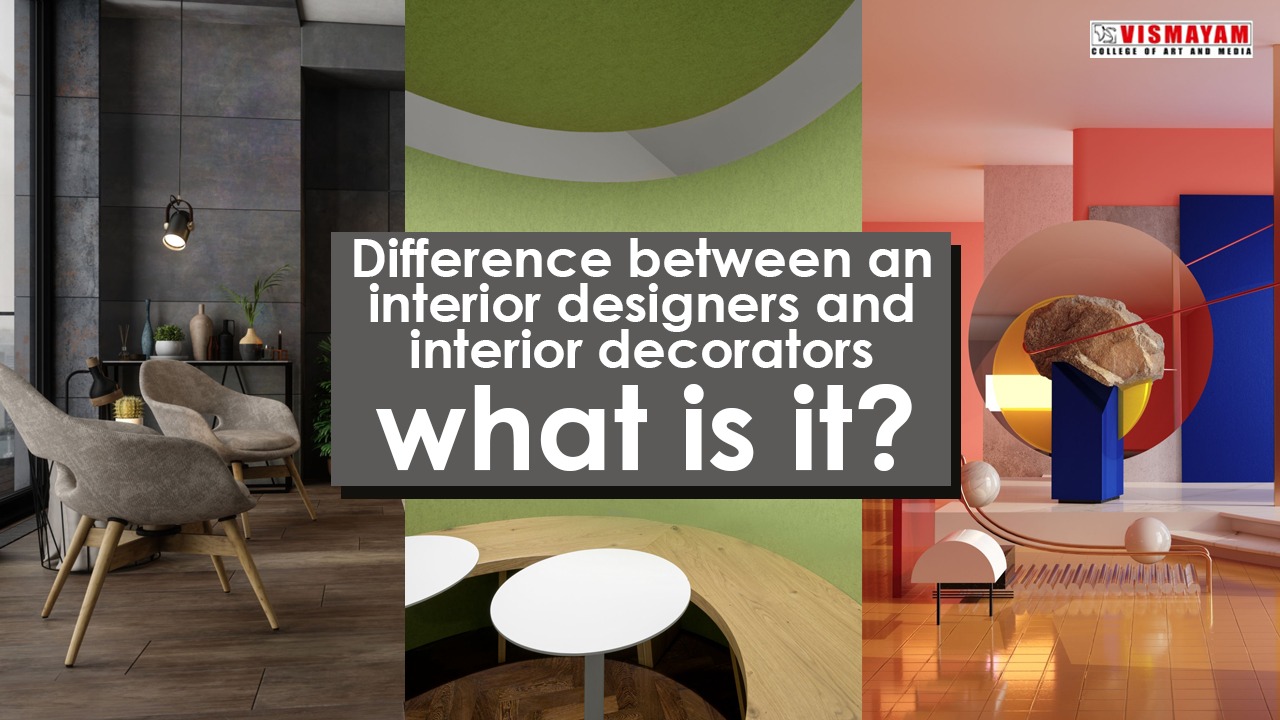

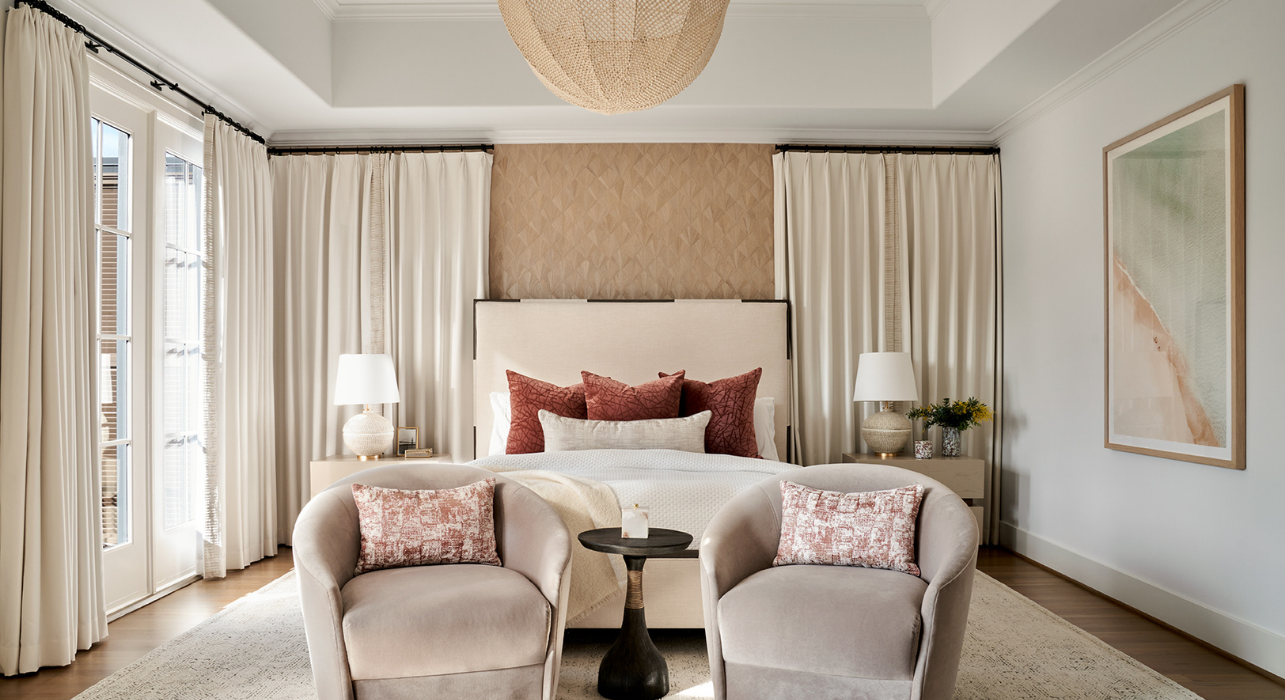
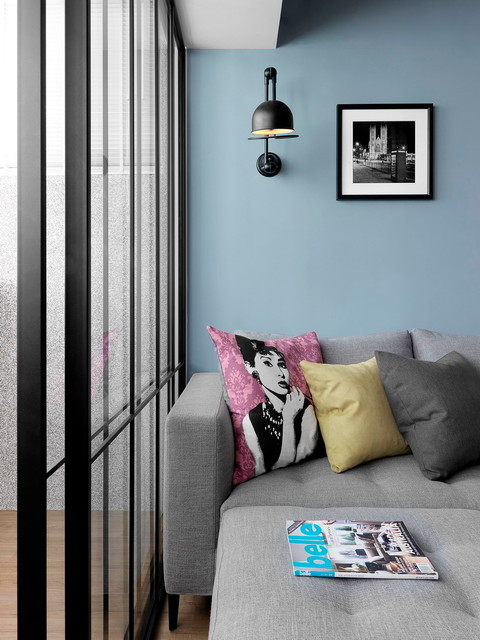
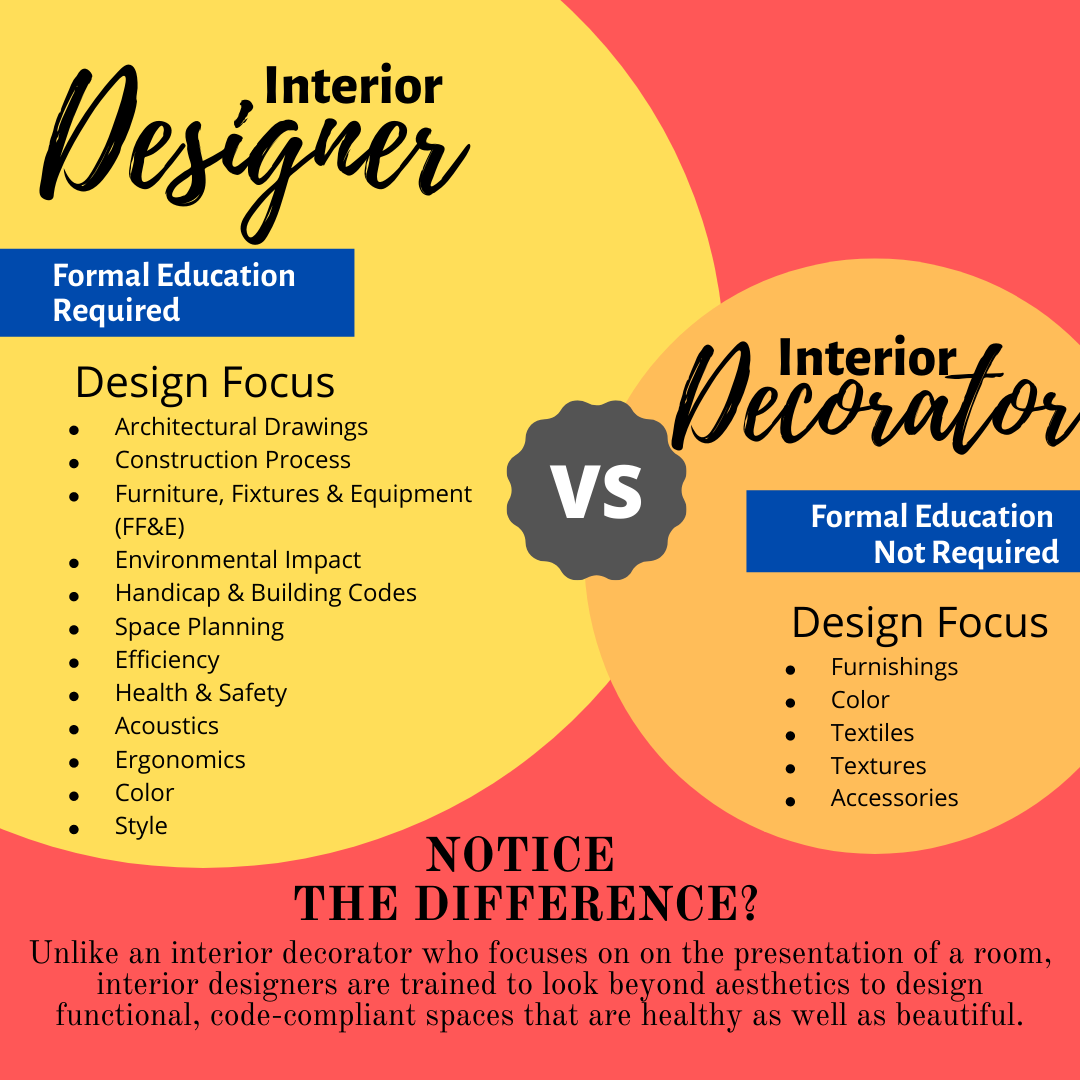
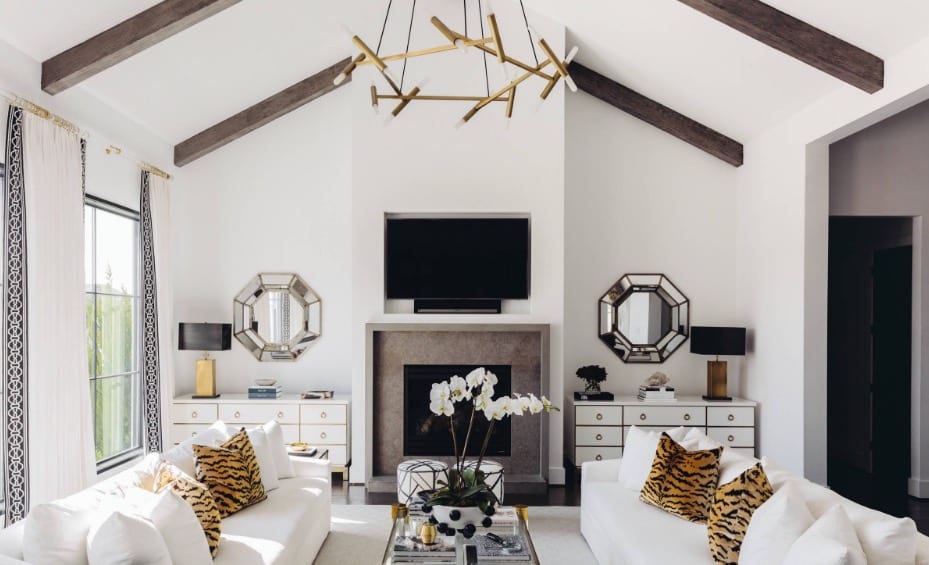
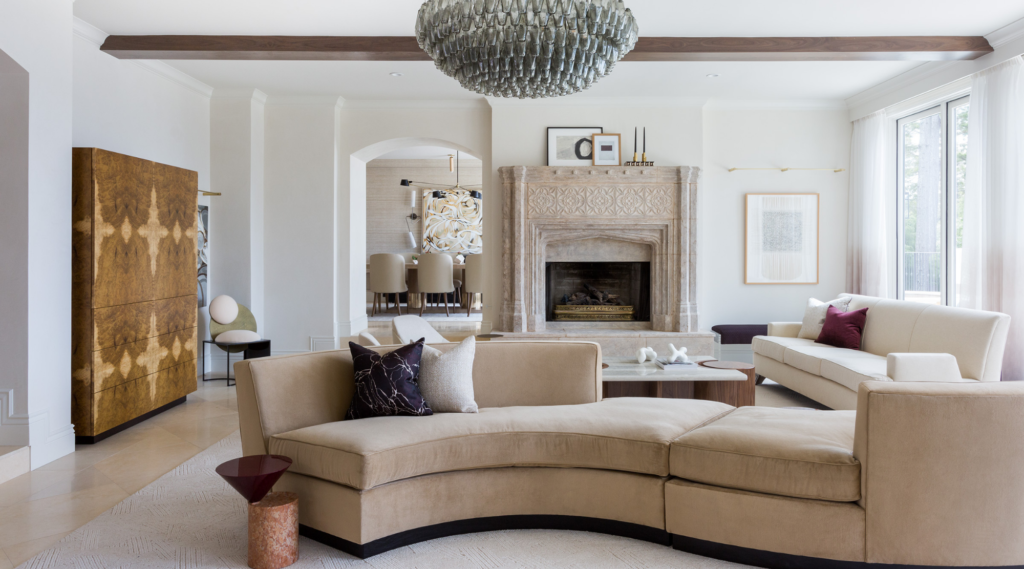
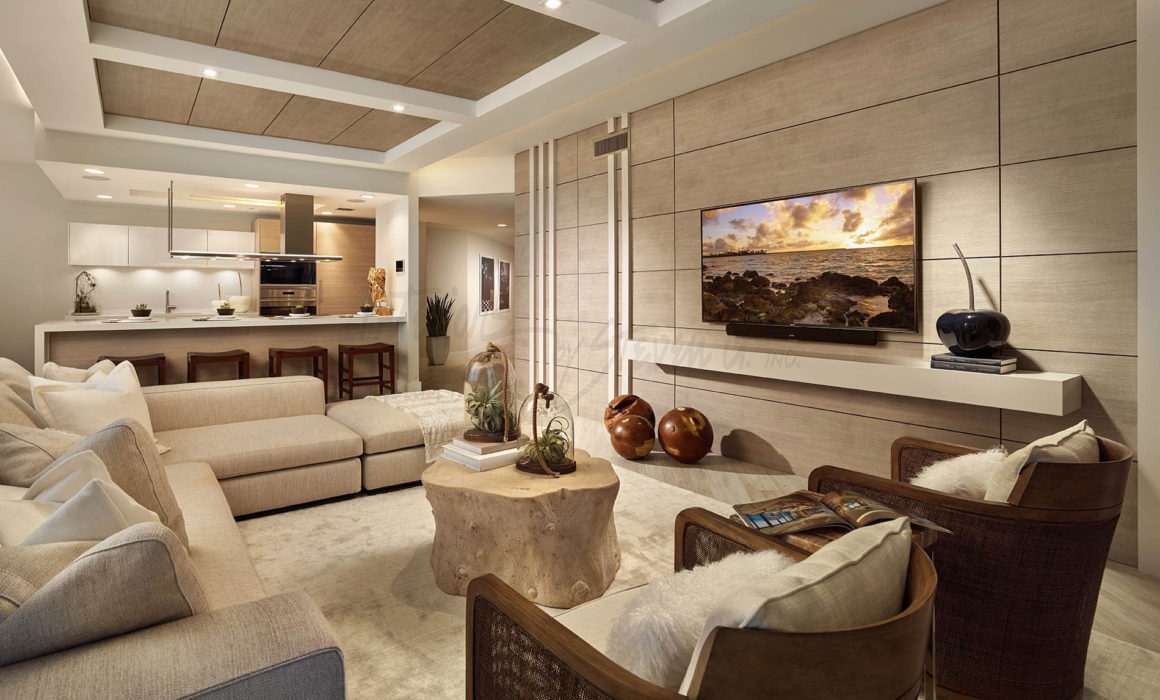
Closure
Thus, we hope this article has provided valuable insights into The Art of Space: Understanding the Distinction Between Decorators and Interior Designers. We thank you for taking the time to read this article. See you in our next article!